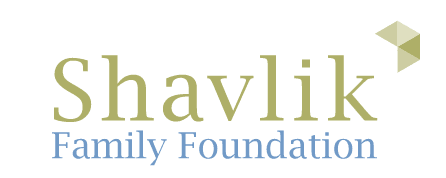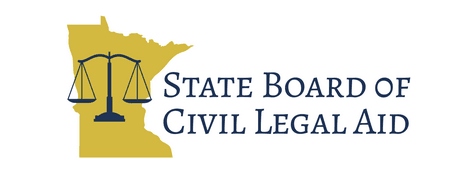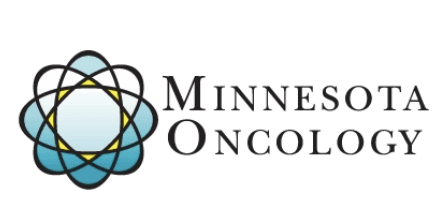What is Probate?
Probate is the process of a court sorting out who gets a person’s money and property (called an estate) after they die.
There are two common ways probate happens:
- If there is a valid will, the estate is divided the way the will says. Having a will does not avoid probate.
- If there is no valid will, the estate is divided according to Minnesota law.
Probate usually only has to happen if everything in the person’s estate is not taken care of by one or more of the “How to Avoid Probate” options below.
Why Avoid Probate?
Cost. Paying for things like legal help and court fees comes out of the estate, so there is less money left for heirs.
Time. Probate can take 6-18 months in Minnesota, and assets are given to heirs at the end of the probate process.
Disputes. Probate can open the door to disagreements between heirs and creditors about who gets the estate. These fights can change how the estate is divided in a way that the deceased person did not want.
Public Information. Information about the estate, debts, and parties involved can be seen by the public because probate is not usually private.
How to Avoid Probate
These are some ways to keep a person’s money, personal things and property (called assets) out of probate. When someone uses these options, their assets are given to others after they die through paperwork instead of the court through probate. A person has to set up these options while they are still alive.
Joint Ownership. Houses, bank accounts, and vehicles can be owned jointly by two (or more) people together. When things are owned this way, they do not go through probate. Instead, when one owner dies, the asset goes directly to the other owner(s) who is still alive.
Payable on Death Designation. Savings, checking, and investment accounts can have a “payable on death” designation. This means that the person or people named on the account get the money after the owner dies. The account owner has to ask their bank or investment company to set this up.
Account Beneficiaries. This is very similar to a payable on death designation. Accounts like life insurance, 401(k)s, and IRAs can have beneficiaries. A beneficiary is a person who gets the money or other benefits when the account owner dies. The account owner has to ask their benefit company to set this up.
Transfer on Death Deed. A transfer on death deed (TODD) is used to give real estate like houses or land to someone when the owner dies. The TODD has to be filed with the county where the real estate is located, include a full legal description of the property, and say who will get the property after the owner dies.
Vehicle Transfer on Death. Like with a TODD, a vehicle owner can name a person who will get the vehicle after the owner dies. The owner needs to fill out two forms- one is called the Application for Transfer-on-Death Beneficiary (Form PS2004), and the other is called the Application for Motor Vehicle Title (Form PS2000). These forms have to name a person who will get the vehicle after the owner dies, and they have to be filed with the Department of Public Safety Driver and Vehicle Services (DVS).
Making Gifts. Money or personal things can be given away before a person dies. Giving away things makes the size of the person’s estate smaller, so there is less to go through probate. If the gift is very big, it might be taxed, so a person should talk to a tax expert before giving big gifts.
Trusts. There are different kinds of trusts that can help avoid probate. Here is how a trust works: a person puts their assets into a trust, and that person or a person they choose (called a trustee) takes care of it while the person is alive. After the person dies, a new trustee takes over and follows the trust’s rules to give out the assets to the people named in the trust document. The assets in the trust do not go through probate because they belong to the trust, not the person who died.
















